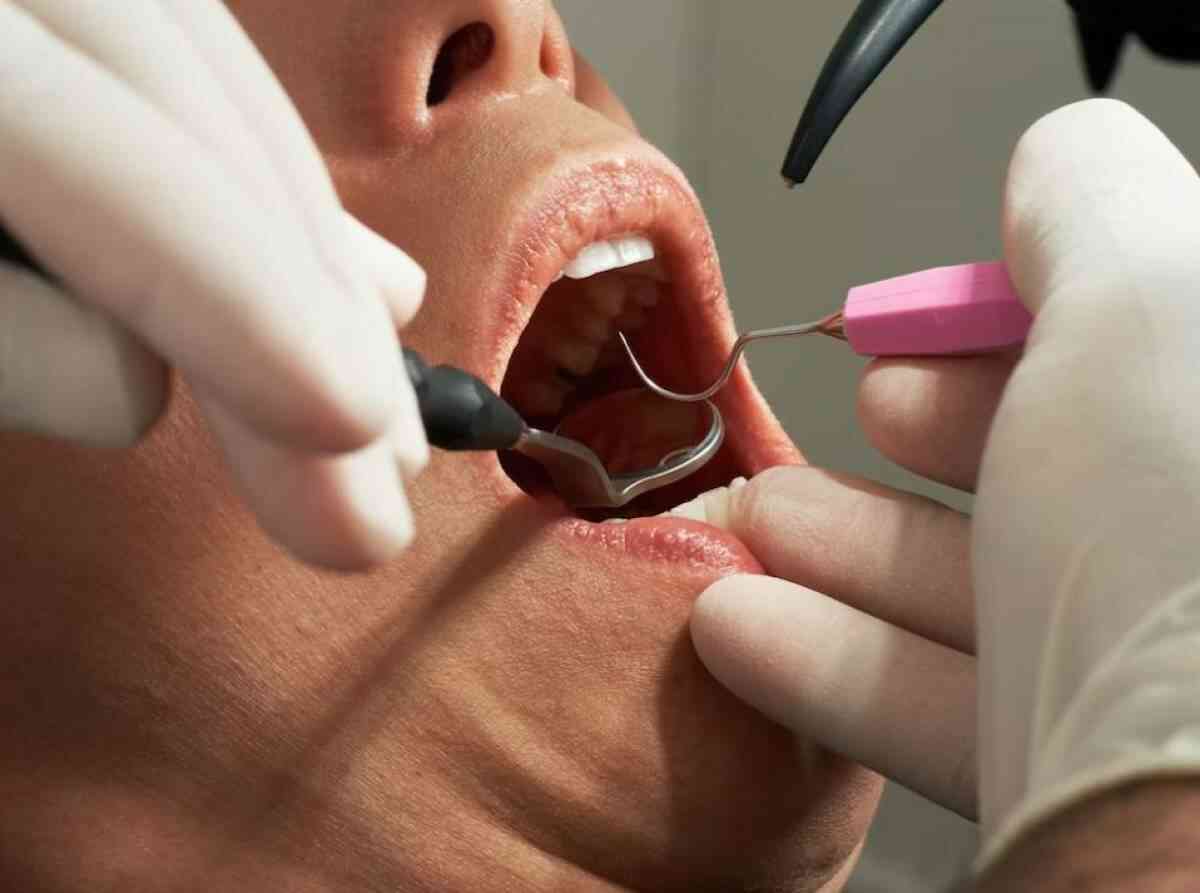3 Reasons To Need Oral Surgery
- - Category: Dental Care
- - 16 Nov, 2022
- - Views: 319
- Save

Here are reasons you may need oral surgery at some point.
Has your dentist recommended oral surgery? Oral surgery is any surgical procedure that is performed around the mouth area. Because the mouth is vital for many important functions, you may worry about side effects like pain and inability to eat or speak. However, oral surgery is not as scary as it sounds. Here are three of the most common reasons that patients need oral surgery.
Impacted Teeth
One of the most common reasons for oral surgery is the removal of impacted teeth. Impacted teeth are teeth that are trapped below the gums and can't erupt properly, which often leads to complications like jaw pain and infections. While any tooth can become impacted, the third molars, or wisdom teeth, are most often affected.
Surgery to remove an impacted tooth involves making an incision in the gum to free it. Impacted teeth are sometimes extracted and sometimes pulled upward with orthodontic appliances. Severely impacted teeth may need to be cut into pieces before removal.
Orthodontic Issues
Although braces have come a long way, some orthodontic cases are still too complicated for appliances alone to correct. These patients require an oral surgeon, like one at Lighthouse Oral and Maxillofacial Surgery, to achieve perfectly aligned teeth and a functional bite. Some common orthodontic issues that require corrective surgery are misaligned jaws, underbite, overbite and buck teeth.
The need for orthodontic surgery can often be avoided in young children whose mouths are still growing and developing. Appliances like jaw expanders, retainers and headgear can help a child's mouth and jaw grow properly. Seeing an orthodontist as early as possible is important to reduce the chances of your child needing oral surgery.
Cancer and Infections
Severe infections, tumors and malignancies are also common reasons for oral surgery. Although infections can often be treated with antibiotics, cases that are resistant, rapidly spreading or necrotizing tissues may require emergency surgery. Prompt treatment is essential to spare as much tissue as possible, and follow-up procedures are often needed for cosmetic reconstruction.
If your dentist notices a suspicious lump or bulge, they may recommend oral surgery for diagnosis. Areas that turn out to be cancerous or rapidly growing benign tumors usually require one or more additional surgeries for complete removal.
Remember, mouth tissue typically heals quickly, and oral surgeries are only performed when absolutely necessary. If your dentist has recommended a surgical procedure, it's important not to put it off. Getting treatment as soon as possible can improve your prognosis and make your recovery faster and less painful.

